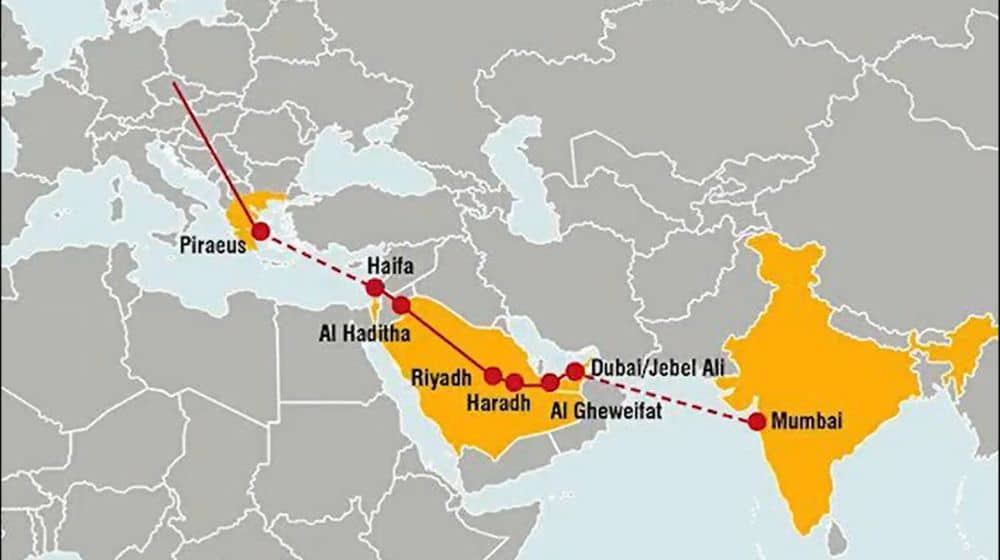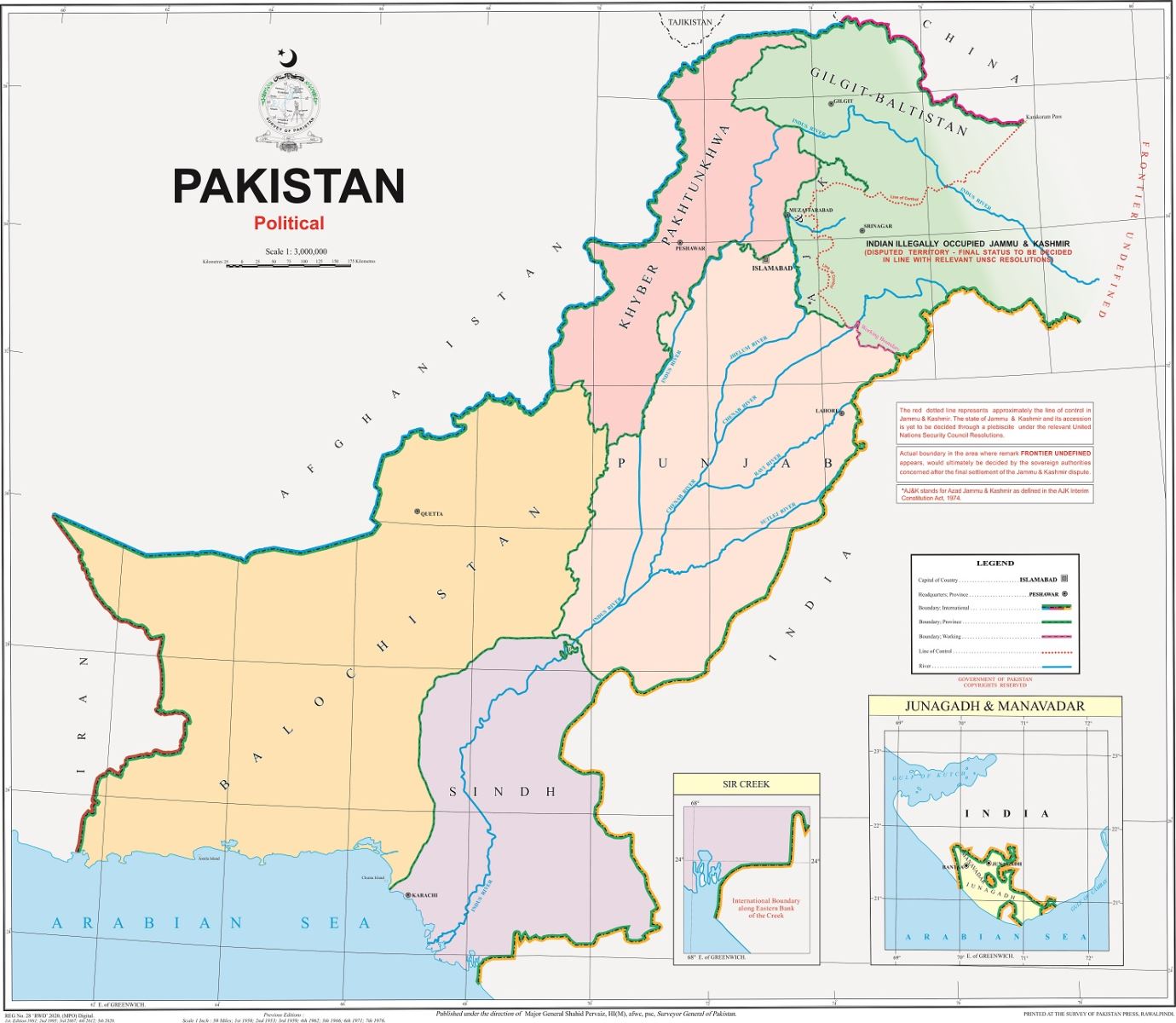In a surprising move during the recent G20 Summit held in New Delhi, the United Arab Emirates (UAE), traditionally seen as a close ally of Pakistan, publicly recognized Gilgit-Baltistan and Kashmir as integral parts of India.
This acknowledgment came through a video presentation showcased at the summit and was subsequently shared on social media by the UAE’s Deputy Prime Minister, Saif bin Zayed Al Nahyan.
The video, which was intended to highlight regional plans for economic corridor projects connecting India with the Middle East and Europe, inadvertently revealed the UAE’s shift in diplomatic stance regarding the Kashmir issue. By portraying these disputed regions as within India’s borders, the UAE effectively endorsed India’s territorial claims over the area.
This move not only hints at a strengthening relationship between India and the UAE but also signals a growing distance between Pakistan and the Middle East, including the UAE and Saudi Arabia. Notably, Saudi Arabia’s Prime Minister and Crown Prince, Mohammad Bin Salman, canceled his official visit to Pakistan prior to attending the G20 summit in India, sending a clear message to Pakistan’s leadership.
في شرق الارض وغربها وين ما حل
حل السلام و جاوبته القيادات
الارض ظللها مدى حكمته ظل
لين انطوى الراي لزعيم الامارات“شكراً شكراً شكراً.. لا أعتقد أننا سنكون هنا لولاك”
ما قاله الرئيس الأمريكي لسيدي صاحب السمو الشيخ محمد بن زايد، أثناء الاعلان عن مشروعات الممر الاقتصادي لربط الهند… pic.twitter.com/OwZkPjQtSs— سيف بن زايد آل نهيان (@SaifBZayed) September 9, 2023
Meanwhile, India, the Middle East, and Europe have come together to sign an agreement led by the US, laying the groundwork for a new economic pathway. This route is expected to enhance business and connectivity across Asia, the Arabian Gulf, and Europe.

It’s worth mentioning that Pakistan anticipates a substantial $50 billion investment from Saudi Arabia and the UAE in the coming five years, with each country contributing $25 billion. The nation’s response to this development remains uncertain, given its recent statement on the issue, which did not directly name the UAE.
Pakistan Foreign Office’s Response
On September 14, during a weekly press briefing, Pakistan’s Foreign Ministry Spokesperson, Mumtaz Zahra Baloch, issued a statement regarding the UAE’s inclusion of the entire Kashmir region as part of India. Without explicitly mentioning the UAE, the statement emphasized Pakistan’s view that the United Nations serves as the most representative and inclusive forum of nation-states. It stated, “Any map showing the entire state of Jammu and Kashmir as part of India is legally untenable and factually incorrect.”
🟢 Spokesperson @Mumtazzb on the importance of the @UN 👇🏽 pic.twitter.com/tKntd1tEzI
— Spokesperson 🇵🇰 MoFA (@ForeignOfficePk) September 14, 2023
While objecting to the inaccurate map presented by the UAE, the spokesperson also acknowledged the importance of connectivity projects for regional peace and prosperity.
The Kashmir Issue
The Kashmir dispute, as detailed on the Pakistan Mission to the United Nations website, remains a longstanding conflict between India and Pakistan concerning the status of the state of Jammu and Kashmir. Pakistan’s official political map reflects its claims over all regions currently under its control.

India took control of the state based on a controversial instrument of accession signed by the Maharaja of Kashmir in 1947, a move rejected by Pakistan and the people of Kashmir. The United Nations recognizes Kashmir as a disputed territory, a stance shared by all countries except India.


